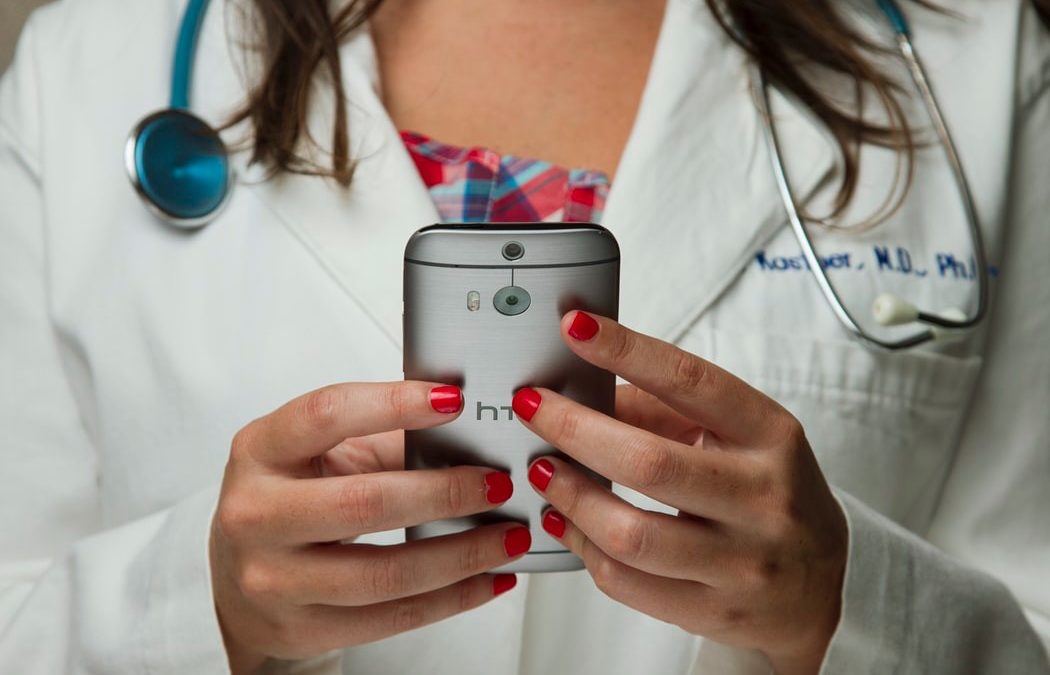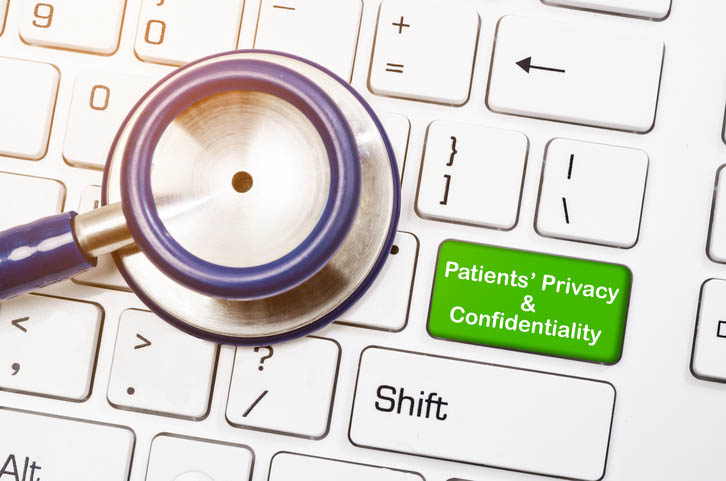
Social Media at Work: The Dos and Don’ts For Nursing
The popularity of social media cannot be understated. Currently, over two billion people use various social media platforms, including 81% of Americans. Social media is not just something we do when we are bored. It allows us to connect with old friends, share stories and recipes, and talk with our colleagues.
But using social media isn’t always ideal. In general, using Facebook or watching YouTube videos at work is considered unprofessional, and you must always be careful of what you post. This is especially important for medical professionals. Nurses have one of the noblest professions, as they help people heal from an unending variety of ailments. However, nurses must also follow a different set of rules, and failing to do so could jeopardize their careers.
Let’s look at the benefits and downsides of social media at work for nurses.
A Different Set of Rules
Everyone should be cautious of the messages and pictures they share on social media, especially if it involves someone else. This is especially true for nurses because they not only have to follow the standards of public decency like everyone else, but they also must also follow the requirements set forth by the Health Insurance Portability and Accountability Act of 1996 (HIPAA). In essence, HIPAA says that a health professional cannot share the medical or personal data of a patient with anyone without the patient’s consent.
So that means that a nurse can never post a picture of a patient or any identifying information about a patient, including their name, initials, contact information, or anything in between. Medical professionals should be extra cautious because they could post patient information without even realizing it. For instance, you might post a picture of your workplace, then years later, post a photo of a patient that you became friends with at the same place. Even though you didn’t intend to cause a stir, someone could connect the dots and realize where that person got their patient care.
The punishments for sharing patient data and violating HIPAA guidelines are understandably harsh. Potential consequences could run the gamut from fines and mandatory training all the way to termination from your employer and civil lawsuits. For all of these reasons, nurses should always think twice before they press the post button.
Social Media Nursing Don’ts
The best way to stay safe is to avoid talking about patients at all costs. Even if you had an incredible day helping a patient and you are rightfully proud of a job well done, you should avoid posting about the individual, their ailments, duration of stay, and other details. You should also avoid connecting with a patient via social media. Stay safe by keeping a private profile.
You can never be too careful when it comes to posting anywhere inside the hospital or clinic where you work. Even if you are making a video of you and your coworkers lounging in the break room, you never know when a patient can be seen out a window or a confidential file can be seen on a nearby table. Check your surroundings before posting any pictures at work.
While you should never post anything about your patients, you also don’t want to post anything negative about your employer. To ensure that you stay within compliance, you should probably never mention them by name. But even if you don’t, you do not want to share a post where you insult your job or the management. Just like at any other job, talking negatively about your place of business could put a sour taste in the mouths of management, and you could find yourself out of a job.
Social Media Nursing Dos
It is important to remember that social media is not all bad. In fact, when used correctly, medical professionals can use social media to share important messages about health and wellness. At a minimum, medical professionals across a network of hospitals could create their own group on Facebook where they can share new solutions and treatment ideas with one another.
While you cannot post about medical conditions specific to an individual, you can use social media to spread the message about how people can take care of themselves and stay healthy. For instance, a nurse could start a blog about how to stay safe during the COVID-19 pandemic or post to a private page of people who suffer from a particular ailment, like a diabetes support page. Medical professionals could even set up a “Ask Me Anything” forum as they do on Reddit, where you can answer health questions from the audience.
For nurses who want to take public outreach to the next level, post videos with helpful information to sites like YouTube or Snapchat, where you can film fun and brief 10-second videos that stay online for only 24 hours. If uploading videos is something you are interested in, take a look at some of the experts who already have quite the following. One such voice is Crosby Steen, the “Nomad Nurse” who gives advice to traveling RNs. There is also Nurse Liz, who combines nursing with family life.
Social media certainly has its pros and cons, especially when used at work. As a nurse, sharing information online can be risky, but if used properly, it can also help those looking for answers.




